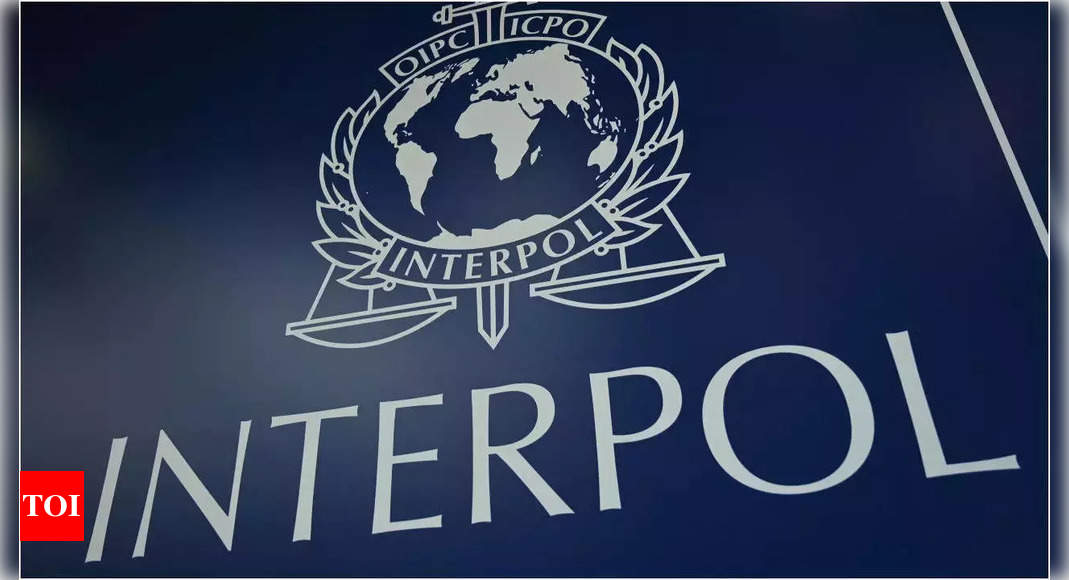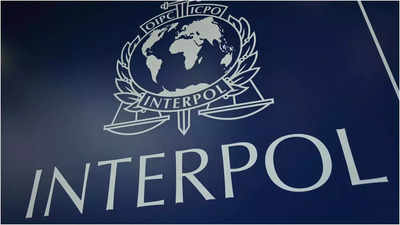NEW DELHI: In a significant move to bolster international cooperation in combating transnational crimes, top Indian law enforcement agencies and Interpol converged on one stage for a two-day workshop on Compliance of Interpol Notices and Diffusions.
The workshop, hosted by the Central Bureau of Investigation (CBI) in collaboration with Interpol’s Notice & Diffusion Task Force (NDTF), aimed to enhance understanding of the Interpol colour-coded notices system and its review process.
Over 120 participants from various central law enforcement agencies, including the CBI, NIA, ED, DRI, NCB, Delhi Police, and WCCB, attended the workshop in person, with an equal number participating online from across the country. The event also saw representatives from the Ministry of External Affairs (MEA) and the Ministry of Home Affairs (MHA) in attendance.
The workshop focused on enhancing the understanding of Interpol notices, which play a crucial role in tracking fugitives globally and facilitating their deportation or extradition. Experts from Interpol’s NDTF and Indian law enforcement agencies shared their expertise on the legal framework and compliance check mechanisms for Interpol notices.
A key aspect of the workshop was the discussion on how Indian law enforcement agencies can leverage the Interpol channel to seek international assistance from foreign countries.
The importance of the newly launched Bharatpol Portal was emphasised, and law enforcement agencies were encouraged to utilise the portal for sending requests to the National Central Bureau (NCB) in New Delhi for seeking international police cooperation from Interpol member countries.
The CBI, as the National Central Bureau for Interpol in India, plays a vital role in facilitating international cooperation on criminal cases. The workshop underscored the significance of Interpol notices in international collaboration and the need for compliance with Interpol’s legal framework.
The two-day workshop was a significant step towards strengthening international cooperation in criminal matters, and its outcomes are expected to enhance India’s efforts in combating transnational crimes.











